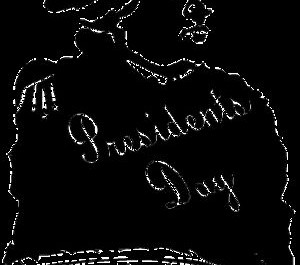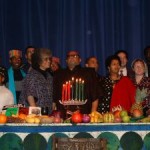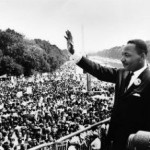Why Do We Celebrate Presidents Day?
What we now know as President’s Day began in 1885, and was originally celebrated as George Washington’s Birthday. In fact, according to the federal government it is still officially known as “Washington’s Birthday.” George Washington’s Birthday on February 22 became a national day of remembrance honoring the first president of America, a revolutionary leader and one of the nation’s founding fathers after his death in 1799.
Washington’s Birthday
Throughout the majority of the 1800s, Washington’s Birthday was simply an unofficial observance, however, during the late 1870s it became an officially recognized federal holiday. The first to propose that Washington’s Birthday be made an official holiday was Arkansas Sen. Steven Wallace Dorsey, however, it was Pres. Rutherford B. Hayes who signed it into law.
Initially, the holiday was only recognized in the District of Columbia, however, it was extended to the entire country in 1885. At the time, the only federal bank holidays that were nationally recognized were New Year’s Day, Independence Day, Thanksgiving and Christmas day. George Washington’s Birthday was the first national holiday that celebrated an individual American’s life. It wasn’t until 1983 when a second such holiday would be signed into law with Martin Luther King Jr. Day.
A Uniform Monday
In the late 1960s, the Uniform Monday Holiday Act was a measure that was proposed by Congress and widely supported by Illinois Sen. Robert McClory. The goal of this measure was to change several federal holiday dates to annually predetermined Mondays in an effort to provide the nation’s workers with more three-day weekends.
At the time, it was thought that employee absenteeism would be reduced if holidays were always on the same weekday. The bill was seen as a sure bet for boosting retail sales and received widespread support from labor unions as well as the private sector, even though some contested that changing the original dates of the holidays would lessen their meaning.
While lawmakers never passed the proposal to rename the holiday as “Presidents Day,” changing the date to fall between Washington and Lincoln’s birthdays led many to believe that it was a celebration commemorating both presidents. Over time, more states began to recognize the holiday as President’s Day. While official calendars still mark the holiday as George Washington’s Birthday, it is now popularly recognized as a day to commemorate the lives, achievements and legacy of all of the nation’s founding fathers and America’s chief executives. Ironically, Presidents Day doesn’t actually fall on any president’s birthday.







